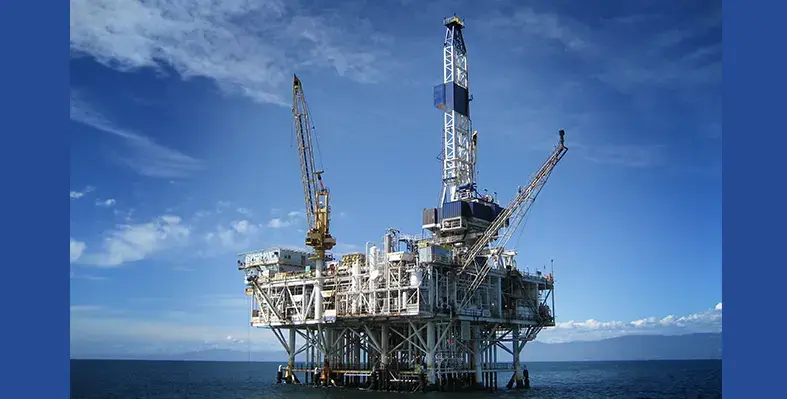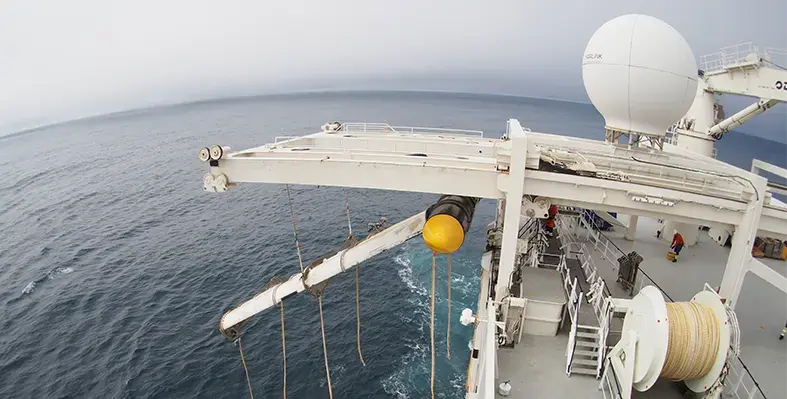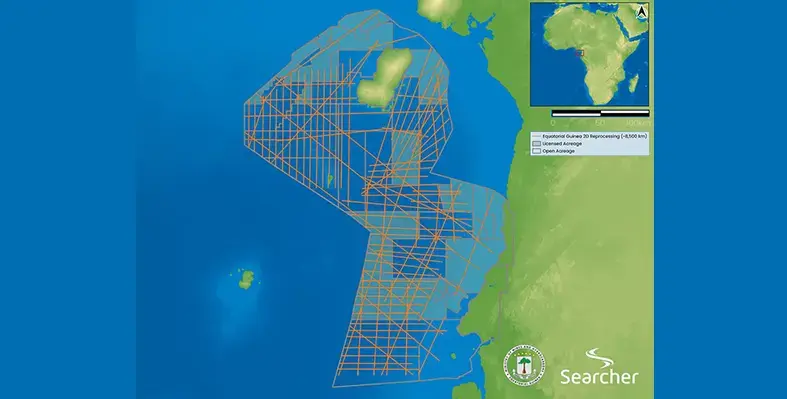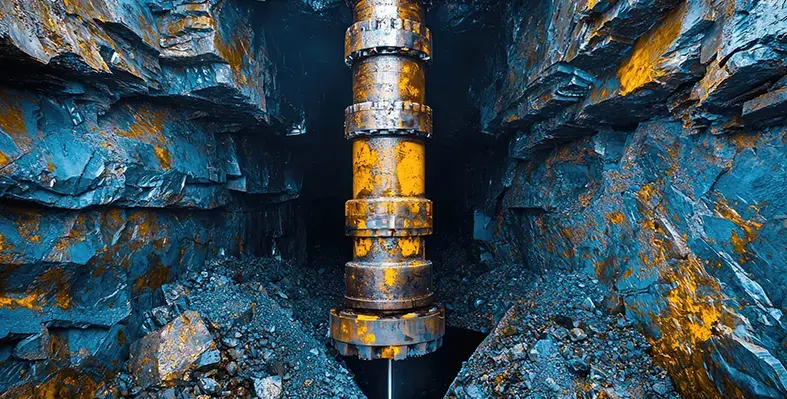BW Energy has drilled the Kharas-1 appraisal well in the Kudu license area, offshore Namibia, at a total depth of 5,100 m and intersected multiple reservoir intervals
With drilling completed, the well will now be plugged and abandoned in line with the planned programme.
The well has revealed multiple shallow turbidite reservoirs with dry-gas shows, and reservoir properties from these and the acquired whole core are now being evaluated.
Hydrocarbons were encountered in deep inside a fractured volcaniclastic reservoir, pointing to a working petroleum system with condensate and/or light oil. Further analysis is ongoing to determine the extent
of the system and to characterise reservoir properties and appraisal options.
"Kharas-1 achieved its technical objective of testing multiple targets within a single penetration and delivered valuable geological, geochemical and petrophysical data. The results also confirm, for the first time, the presence of liquid hydrocarbons within the Kudu block and contribute to our understanding of the broader petroleum system. The reservoir complexity necessitates further appraisal to assess its potential. Our forward programme will focus on further high value targets based on the presence of liquid hydrocarbons, as well as gas and the learnings from Kharas-1A," said CEO Carl Arnet.












